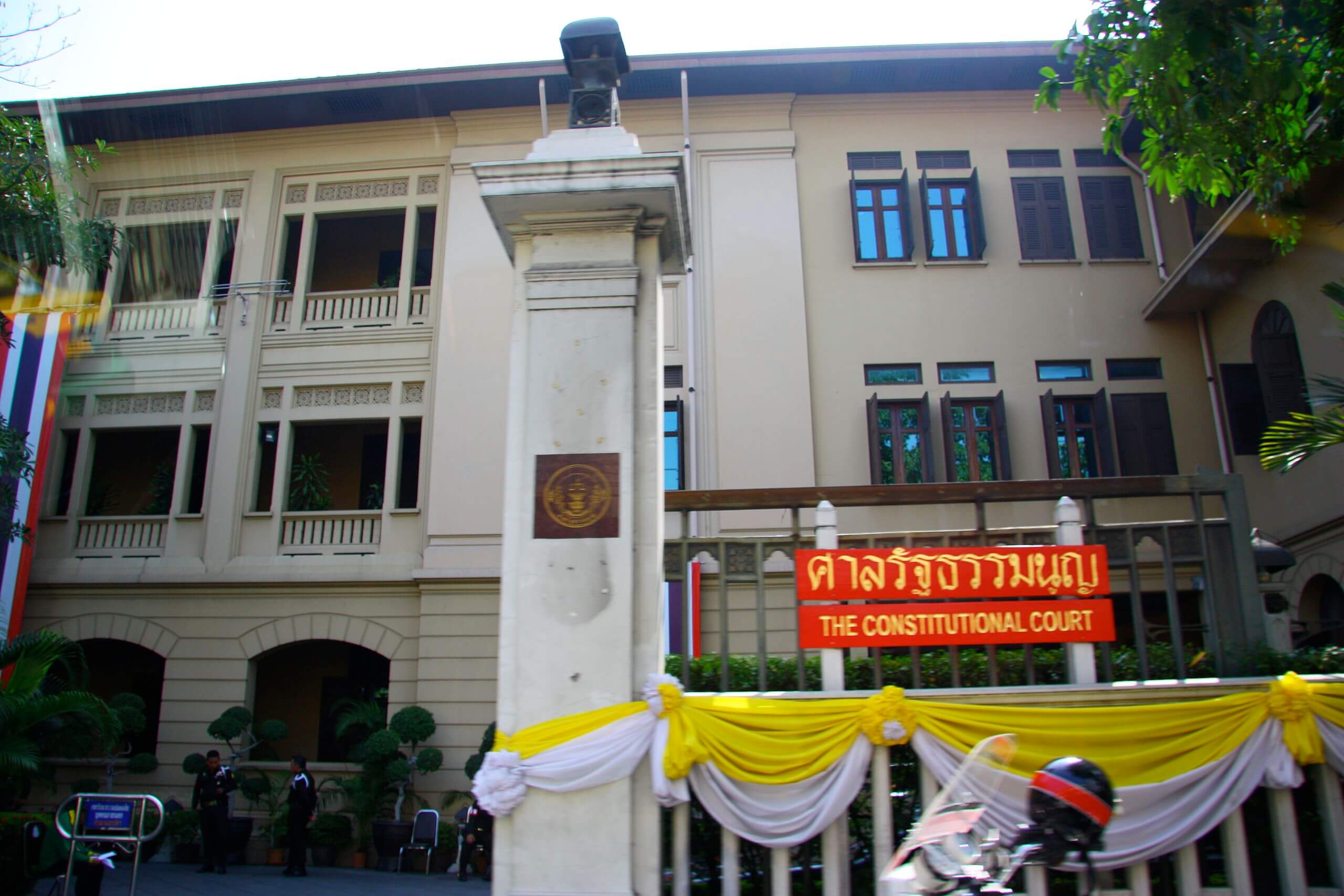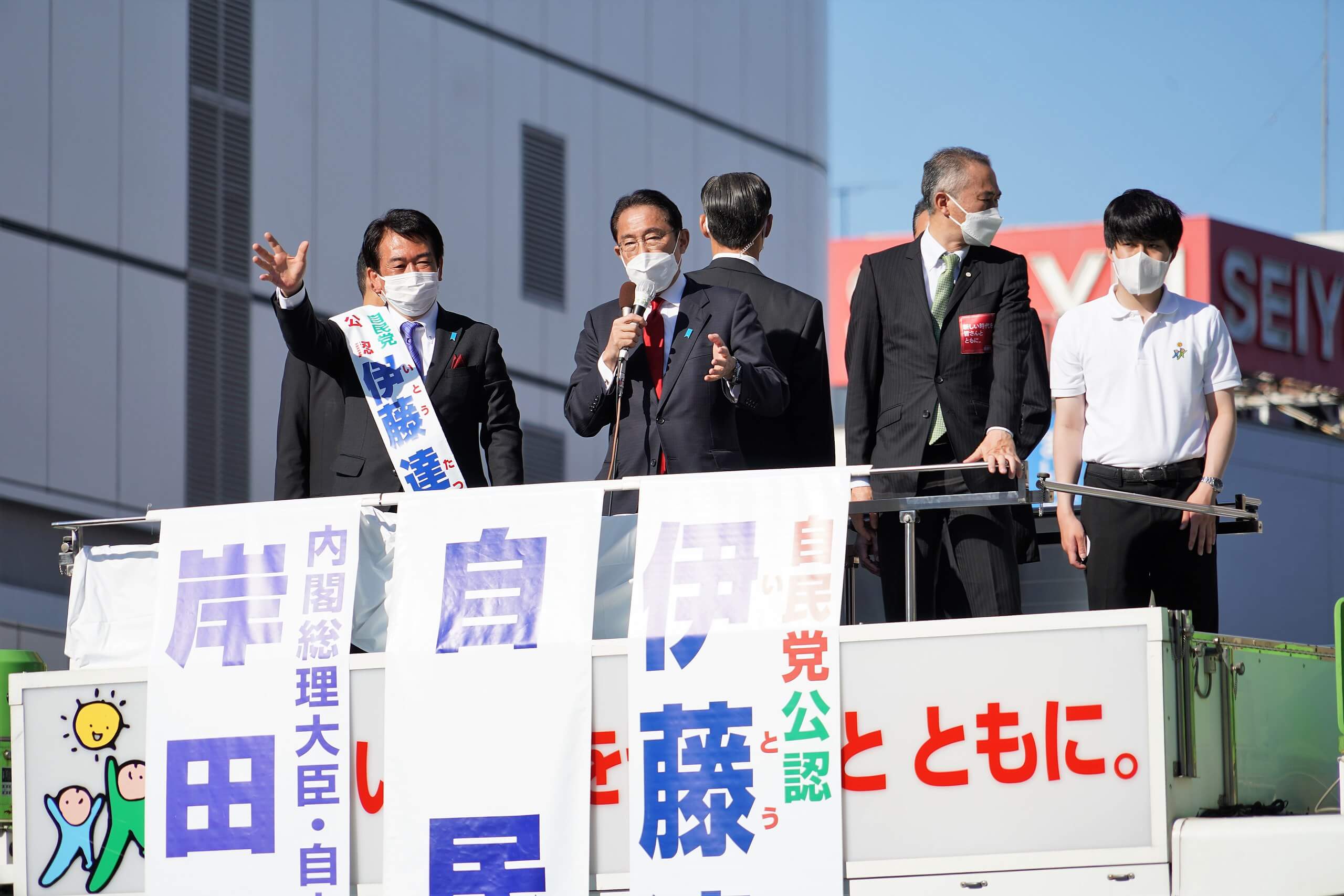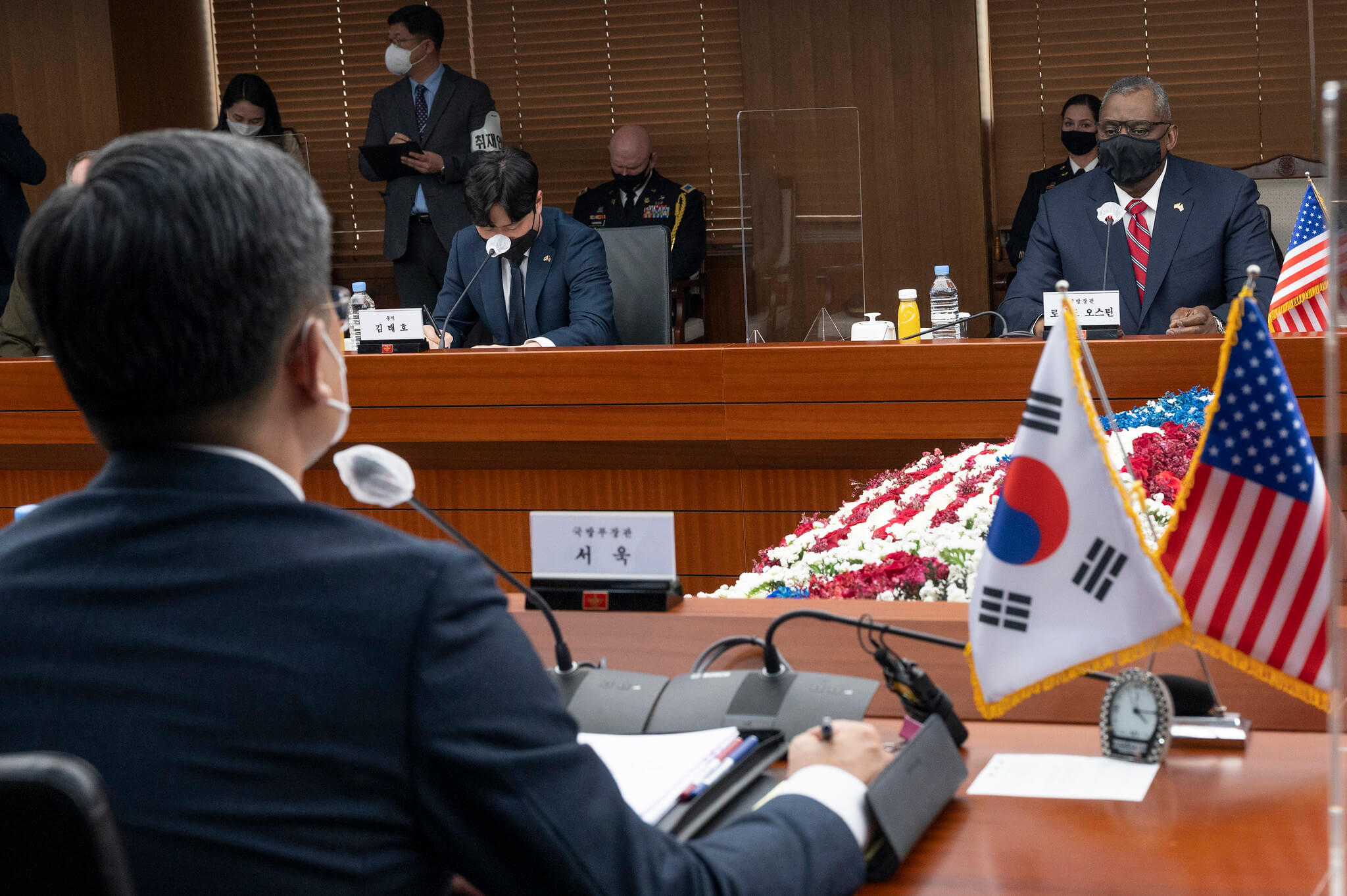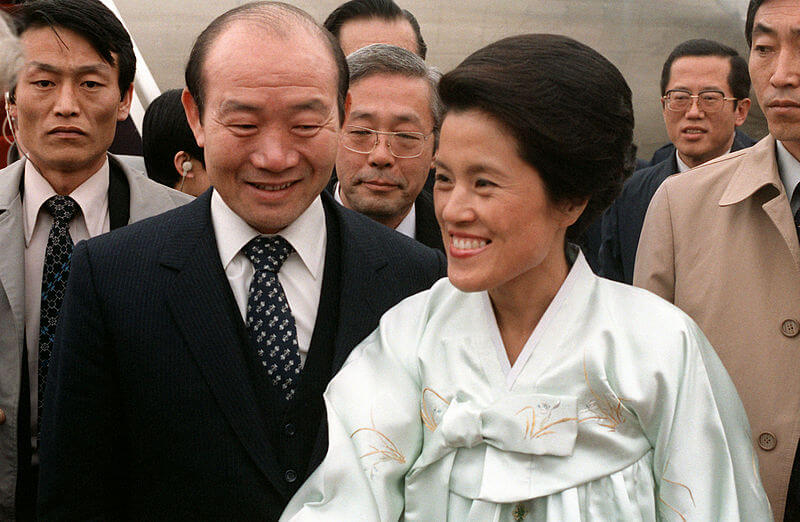Panusaya "Rung" Sithijirawattanakul speaking at a protest on Article 112.
Source:
Adirach Toumlamoon via
Wikimedia CommonsThe Thai Constitutional Court has ruled that demands for reform of the monarchy are unconstitutional. This ruling has
closed an ostensible loophole for critiquing the monarchy. The court stated that all critiques and demands for change have to be deemed as
seditious and attempt to toppeling the monarchy and state.
Several leading protestors who had in demonstrations called for reforms had been indicated in the complaint to the court. Among other, Panusaya "Rung" Sithijirawattanakul, who on August 20, presented 10 demands
manifesto for reform in the monarchy, by students from Thammasat University on reforming the monarchy, including eliminating immunity of the king and transparency both over his spending and monetary assets. Rung, who was well aware of the dire consequences by making a public speech with demands of reform, has already been tried under the Lése majeste Law, Article 112, earlier this year. This new ruling opens for courts to trial her and other protest leaders to be trialed under sedition Article 113, which not only has longer sentences, but also a potential death penalty. Rung and other protest leaders have stated that it has never been their aim to
topple the monarchy, but to bring change. They stated they will continue to
fight.
Protests, largely led by students, University and highschool, have been ongoing since March 2020. Initially they were only directed towards the government, protestors have been demanding wide scale changes, going beyond governmental reforms, but asking for deep reforms for
society. Despite martial law and hard lockdowns due to covid, protests have been ongoing. So far at least
154 individuals have been charged under article 112. When the court ruling came at the same time, concerns were raised about the freedom of expression at the Universal Periodic Review.




